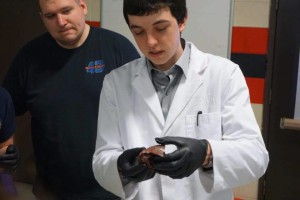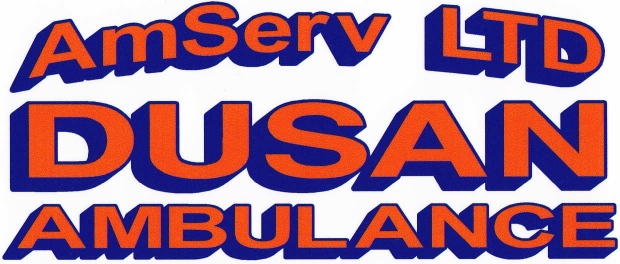Training
 Our team of instructors are highly qualified in the emergency medical field, each bringing several years of field experience. Through our training institute we are able to offer BLS certification classes to enable individuals to become certified Emergency Services Providers. We also provide continuing education classes for current providers that are required to renew their certifications. Below is a list courses we are able to provide.
Our team of instructors are highly qualified in the emergency medical field, each bringing several years of field experience. Through our training institute we are able to offer BLS certification classes to enable individuals to become certified Emergency Services Providers. We also provide continuing education classes for current providers that are required to renew their certifications. Below is a list courses we are able to provide.
- EMS Certification Training – Through our certified Pennsylvania Department of Health Training Institute, we are able to offer BLS level certification classes. Classes include Emergency Medical Responder (EMR), Emergency Medical Technician (EMT) and Advanced Emergency Medical Technician.
- PA DOH Continuing Education Classes– Certified Emergency Medical Professionals are required to have a certain amount of continuing education hours to recertify their certifications. We offer a wider variety of course to meet this need. We are willing to travel to provide this service and also offer several opportunities at our facility.
- Healthcare Provider CPR Training (BLS) – BLS is for any healthcare provider or first-responder who needs to know how to perform CPR and other basic cardiovascular life support skills. The course provides prehospital and in-facility tracks, and an accelerated renewal course is available for providers who have BLS experience and need to recertify.
- Advanced Cardio Life Support (ACLS) Training – ACLS is for any healthcare provider who wishes to go beyond the basics in life support skills and learn high-performance team dynamics. ACLS training is intended for healthcare professionals who either direct or participate in the management of cardiopulmonary arrest or other cardiovascular emergencies.
- Pediatric Advanced Life Support (PALS) Training– The PALS course is designed for healthcare professionals who either direct or participate in the management of respiratory and/or cardiovascular emergencies and cardiopulmonary arrest in pediatric patients.
- Advanced Stroke Life Support (ASLS) Training – is a practical, hands-on, 8-hour course that .as developed by experts in stroke, emergency medicine, prehospital care, and nursing education. This course has been used to train thousands of EMS personnel, nurses, and physicians from hundreds of institutions across the U.S. and throughout the world. It provides a unique neurologic assessment tool-the MEND exam-ideal for both prehospital and hospital use.
Additional Training
EMS West (our Regional EMS Council) offers a list of training courses available for anyone interested in the EMS field. Click Here to go to their site and learn more.
Training Contact
Dawn Buck, NRP
Director of Compliance and education
814-375-9290 ext. 7020
dmb.training@amservdusan.com
